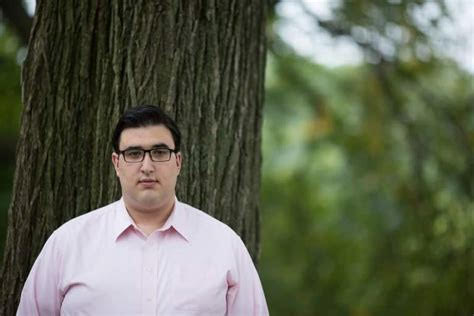It’s not easy to relive horrible experiences from your childhood, but Asher Lovy does it again and again, to help others deal with their own awful memories and the damage caused by childhood abuse.
An organization called Za’akah (translation: Outcry) saw Lovy’s writings and asked him to take over their efforts to prevent child sexual abuse in orthodox Jewish communities. In that role, Lovy assists victims in getting therapy and legal assistance, and lobbies legislators to change laws about the crime, despite massive disapproval and resistance within the orthodox community.
One victory for Lovy came when the NY State legislature removed the statute of limitations on bringing criminal actions against child abusers; many victims take decades to come to the point of being able to challenge their abusers. Another was getting people in the US and Israel to reject an enormously popular Israeli author of children's books—siding with the many who accused him of abusing them as children.
Lovy says about abuse-survivors, "They must know and feel that their allegations will be taken seriously, and that they will receive the resources they need.” To make sure that happens, Lovy will keep speaking out, keep telling his own story, keep breaking the rule of silence that means such abuses stay hidden and ongoing.

